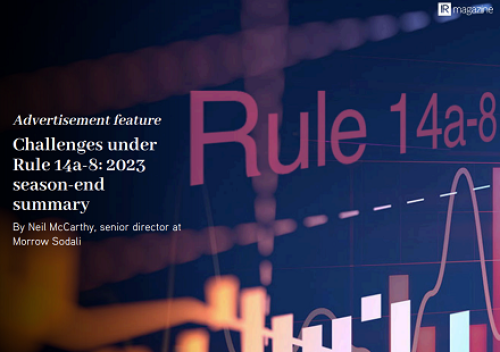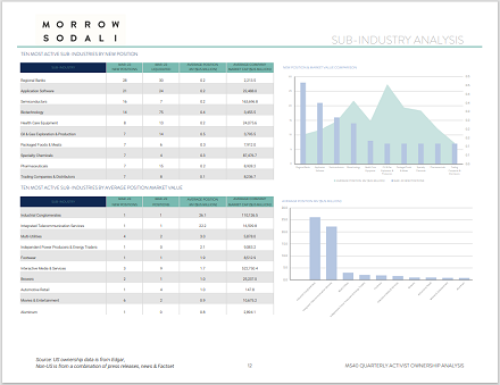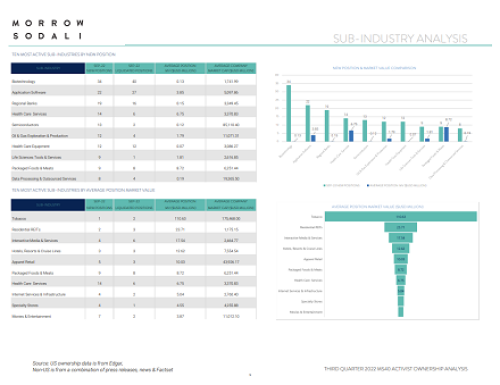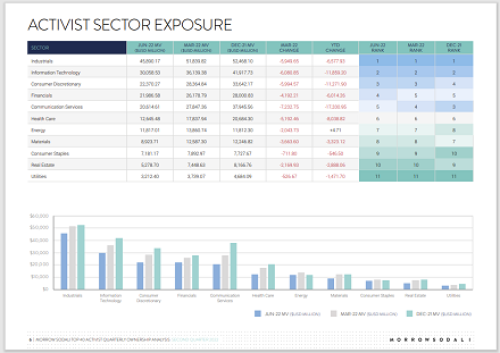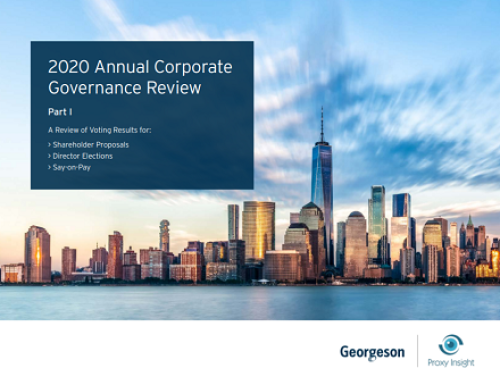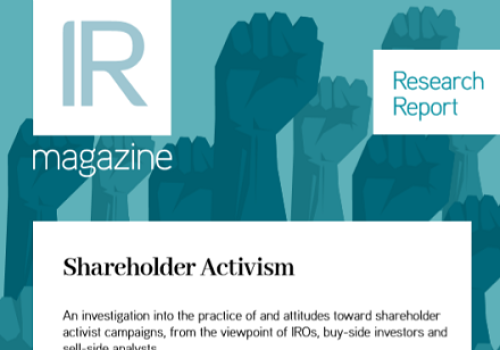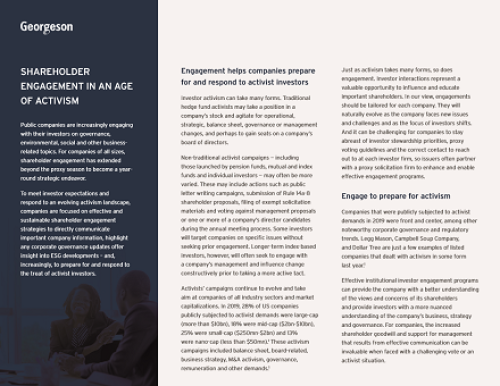For the first time in six years, shareholder activism in Japan is largely being driven by outside activists, according to new data from Activist Insight Online.
While the overall number of campaigns to June 18 is relatively low by international standards, and this year’s total count of 19 is just shy of last year’s tally over the same period, a shift has been seen in the number of foreign-led campaigns.
So far this year, 19 Japanese companies have been publicly subjected to an activist campaign – 11 of which have come from non-Japanese shareholders. By the same time last year, when the overall number of campaigns was slightly higher, just seven had come from foreign activists.
Looking back at data from 2013, Activist Insight Online says that exactly half of Japan-headquartered companies have been publicly subjected to activist demands by domestic activists only, with 46 percent receiving demands from foreign investors only and 4 percent from both. This is the first time in six years that foreign-led campaigns have overtaken domestic.
Hitoshi Sugibuchi, representative director at Tokyo-headquartered Sessa Partners, says this is down to a renewed push for asset managers to follow the country’s stewardship code, which was introduced in 2014, giving foreign activists more confidence they can win support for their campaigns.
‘Japanese institutional investors are traditionally quiet investors, with many having inter-organization relationships,’ Sugibuchi says. ‘For example, at some firms, group companies may have business relationships with their invested companies. Therefore, their asset management arms are reluctant to take a strict attitude toward other listed companies – even if their governance is bad.’
Things are, however, changing, he notes, with the world’s largest pension pot – the Government Pension Investment Fund (GPIF), which has assets of around $1.4 tn – pushing for the code to be adhered to. ‘The GPIF has said it will allocate its money only to those that follow the stewardship code,’ explains Sugibuchi. ‘As such, most asset managers in Japan have begun to follow the code.’
What this means for activism, he explains, is that support can be gathered where before a campaign might have fallen on deaf ears: ‘US activists understand that if they start a campaign at a certain company, Japanese institutions might support them if their demands are reasonable.’
And the effects are already starting to show, he adds: ‘Pressure from shareholders has started to work to improve corporate governance.’
The number of public demands made this year as of June 18 has increased to 45, up from 41 in the same period last year, says Activist Insight Online, with board-related demands matching last year’s ‘record high of 15’.
Despite this, the number of companies facing a request for board representation is just six so far this year – well below international standards.

